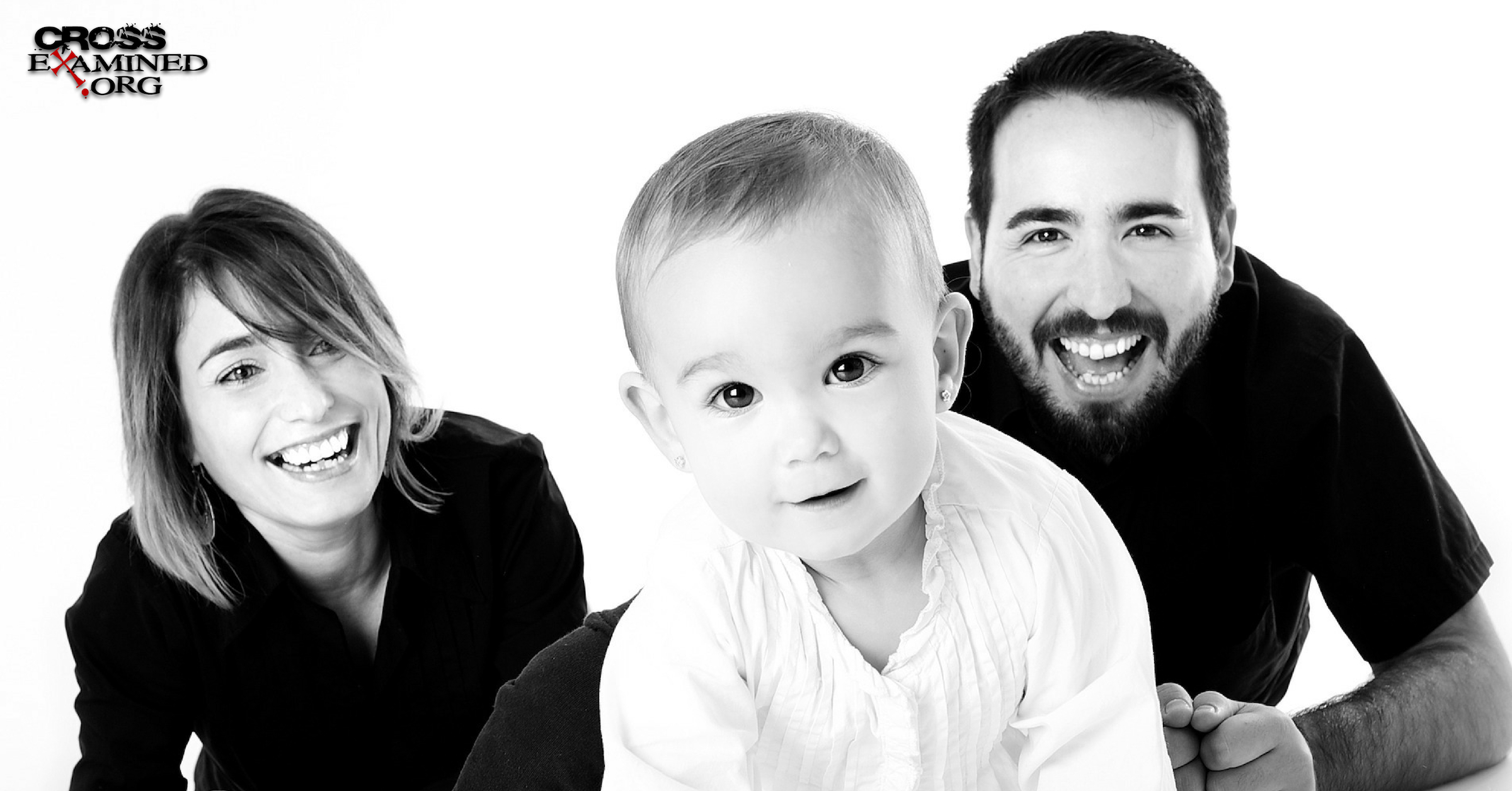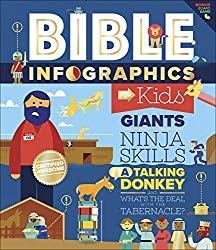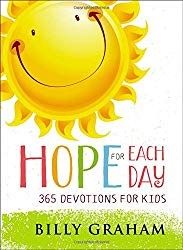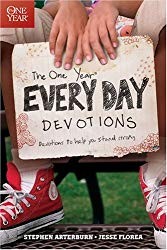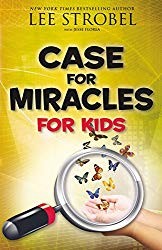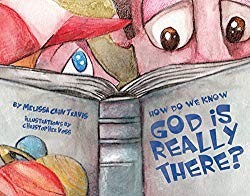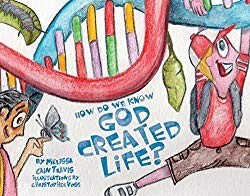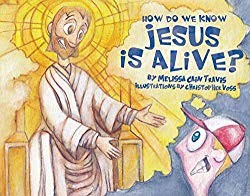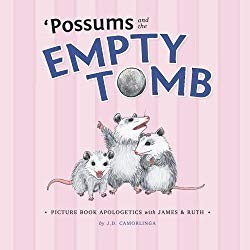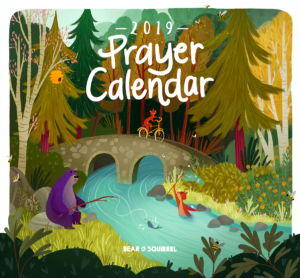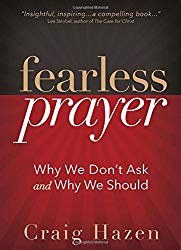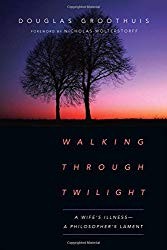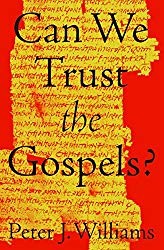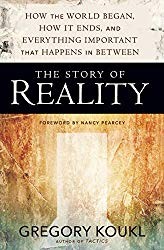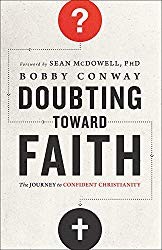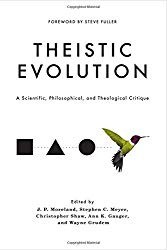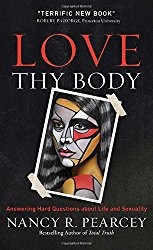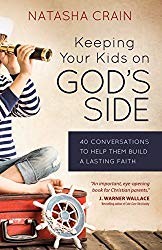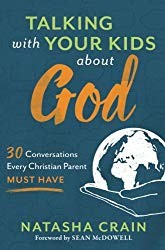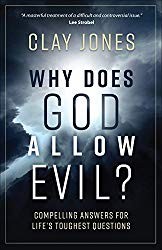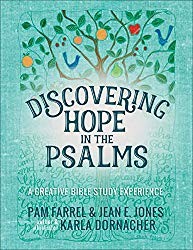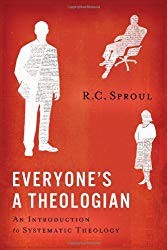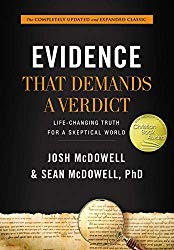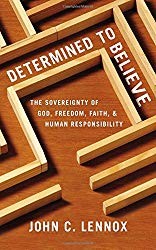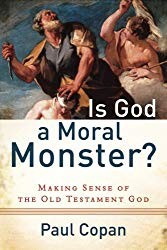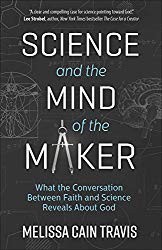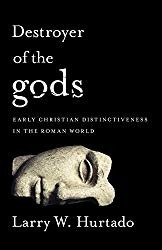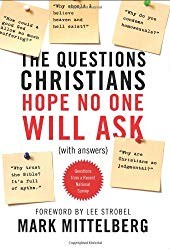Christianity Today recently featured an article titled, “The Biggest Hindrance to Your Kids’ Faith Isn’t Doubt. It’s Silence.”
The article summarized the findings of researchers Kara Powell and Steven Argue on the faith of youth group graduates. They found that:
- 70 percent of churchgoing high schoolers report having serious doubts about faith.
- Less than half of those with doubt shared their struggle with an adult or friend.
- Opportunities to express and explore doubts were correlated with greater faith maturity.
Powell and Argue concluded that, “It’s not doubt that’s toxic to faith; it’s silence.” They go on to explain how important it is for parents to regularly have conversations about faith with their kids, and I couldn’t agree more.
I saw this article shared a lot on social media, with people rightly encouraging one another to have more faith conversations with their kids. But each time I saw it, an underlying question glared at me:
If Christianity is true, why is there so much doubt to be addressed in the first place?
Quite frankly, if I were a skeptic, that’s the question I would be asking after reading this research.
Skeptics often claim that Christians believe what we do in the face of serious cognitive dissonance; that is, they say we have to hold contradictory beliefs in tension because the evidence is against us. This article at least seemed to support the idea that if there is so much doubt, it should make us think twice about the validity of our views.
I’m always happy to think twice, so let’s do it. This is such an important subject for parents to understand today, but I rarely see it addressed.
Why So Much Doubt?
People throughout history have had questions and doubts about their beliefs, and that includes Christians. Christians have long grappled with big theological issues like the problem of pain and suffering, the morality of hell, and why God is seemingly so hidden. These things have led many thoughtful people—adults and kids alike—to have doubts.
But I believe much of the doubt we see today among youth and young adults is very different in nature. It’s doubt that is specifically a product ofcultural factors—not doubt that has arisen after a deep grappling with theology.
Here are five key factors I see.
- Kids today have the expectation that knowledge requires absolute certainty.
A dad emailed me recently because he had started to work through my book, Talking with Your Kids about God, with his skeptical 9-year-old daughter. After reading the chapters on the evidence for God’s existence, he said his daughter concluded there’s no certainty in her belief in God, and the discouraged dad promptly put the book away. He felt that I wasn’t forceful enough in my presentation and that, as a parent, he needs to be a more authoritative instructor to share what he knows “with absolute certainty.”
This dad’s revised approach is a tragic conclusion that falls prey to the same common error his daughter made: believing “absolute certainty” is both possible and necessary when it comes to a person’s worldview. This is often the assumption of kids who are analytically-minded, and it’s reinforced by some popular misunderstandings of the role of science today.
As a matter of definition, “absolute certainty” is something reserved for mathematics and logic. Even science—often heralded today as the way of knowing what’s true—does not provide “certain” conclusions. As (atheist) philosopher Walter Kaufmann put it, “What distinguishes knowledge is not certainty but evidence.” There is almost nothing we are “absolutely certain” about in life. If that’s what our kids believe the standard is for evaluating the evidence for the truth of Christianity (or any worldview), they have a dangerous misunderstanding. They’ll have a standard of proof that we don’t use for anything else in our daily lives and our bound to conclude they have too many doubts to believe in God just because uncertainties exist.
This dad’s “authoritative” doubling down on teaching with absolute certainty will likely only serve to push his daughter further away from God because he is setting her up to accept his conviction of certainty rather than help her evaluate the evidence herself. Had I concluded in my chapters that the evidence in nature points to God with absolute certainty, as I think the dad wanted, I would have mischaracterized the nature of evidence. That helps no one, but rather sets kids up to have unreasonable expectations.
Remember: Biblical faith is trusting in what you have good reason—evidence—to believe is true. Hebrews 11:1 says, “Faith is confidence in what we hope for and assurance about what we do not see.” The reason we can have confidence and assurance in our beliefs is because of the strong evidence God has given us for their truth.
- Today’s culture validates feelings as objective truth.
At the other end of the spectrum, many kids today completely throw out the idea of evidence and buy into the secular narrative that our feelingsdetermine truth.
If you feel you’ve been wronged, you’ve been wronged.
If you feel something isn’t true, it isn’t true.
If you feel you should have the right to do something, you should.
So what happens if I don’t feel anything during prayer? Or I don’t feel like God was loving enough for my personal standards in the Old Testament? Or I don’t feel like God’s moral commands are fair? Or I don’t feel hell is reasonable?
I then feel the Bible must not be true—without ever looking at the evidence.
Kids who haven’t been shown the weakness of feelings as the arbiter of truth may apply the “feelings test” to their faith and end up struggling with doubt because they haven’t learned to think more deeply about these questions.
- When you’re in an ideological minority, it’s human nature to question your views.
Last year, new research showed that committed Christians are now a minority. (I wrote a post about the implications of that for parents here.) When you believe something that is vastly different than what the majority believes, it’s simply natural to question it. Questioning, to some degree, is a function of which side of the numbers you’re on. Though the number of people who hold a worldview doesn’t have any bearing on what’s actually true, it’s human nature to give weight to what more people believe.
Those who hold majority views sometimes don’t question enough, while those who hold minority views sometimes question more than what may be warranted.
- The secular viewpoint is quickly becoming the only viewpoint taught in public schools.
This is related to the previous point because the primary place many kids experience the feeling of being in an ideological minority is in the public school system.
Every day, millions of kids head to school, only to be taught a worldview that is directly in conflict with that of Christianity. The breadth of that conflict is rapidly growing as states like California make sweeping revisions to curricula that affirms unbiblical views as the only acceptable views in multiple subject areas. Many people are championing the changes as being inclusive and diverse, but do not be fooled: There is only one view being taught, and it’s not the one held by millions of Christians. Sean McDowell recently wrote an excellent piece on this here. I encourage every parent to read it (not just Californians).
When we send kids to school for an education, they assume they should trust their teachers as authorities. We shouldn’t be surprised when their “authoritative” secular curriculum causes them to doubt what they learn at home.
[Please note that this is not to suggest that all Christians should pull their kids out of public school. There are many factors that go into educational decisions and I don’t believe one solution fits everyone.]
- Our culture raises questions about the religious worldview while ignoring the questions raised by a secular worldview.
Having read the many studies done on kids abandoning a belief in God, I’m fully convinced that they’re only thinking through the reasons they’re walking away from Christianity but not the reasons they’re walking toward atheism.
You see, it’s not just a Christian worldview that leaves questions unanswered. There is room for doubt in every worldview because no worldview answers every question. This is why I spent the last six chapters in Talking with Your Kids about God explaining the logical implications of an atheistic worldview, and how that compares with a Christian worldview. I show, for example, that in an atheistic world:
- There can be no objective meaning of life;
- There is little reason to believe free will (in any meaningful sense) is possible;
- There can be no moral obligation to live in or treat others in any particular way; and
- There can be no “right” or “wrong” in any objective sense (everything can only be a matter of personal opinion because there’s no higher-than-human moral authority).
All of these things are granted by many atheist philosophers—this isn’t my personal “criticism” of an atheistic worldview; it’s the logical outworking of the implications of a godless world.
An honest person should rightly have doubts about a worldview that implies these conclusions.
They go against our most basic intuitions.
But the secular world only questions the religious worldview. Popular culture rarely raises the questions inherent in atheism. This leads kids to a false sense that doubt is specific to religion, or that doubt in itself is a cognitive warning of falsehood. It’s not. When we’re honest, doubt is part of being human. It’s part of how we process the world.
It shouldn’t surprise us at all that so many kids doubt Christianity today, given these and other cultural factors.
It just means we, as parents, undoubtedly have work to do.
If you’re interested in the subject of doubt, I highly recommend Bobby Conway’s book “Doubting Toward Faith” and Travis Dickinson’s blog, where he writes often on these subjects.
Natasha Crain is a blogger, author, and national speaker who is passionate about equipping Christian parents to raise their kids with an understanding of how to make a case for and defend their faith in an increasingly secular world. She is the author of two apologetics books for parents: Talking with Your Kids about God (2017) and Keeping Your Kids on God’s Side (2016). Natasha has an MBA in marketing and statistics from UCLA and a certificate in Christian apologetics from Biola University. A former marketing executive and adjunct professor, she lives in Southern California with her husband and three children.
Original Blog Source: http://bit.ly/2O2W7cp


